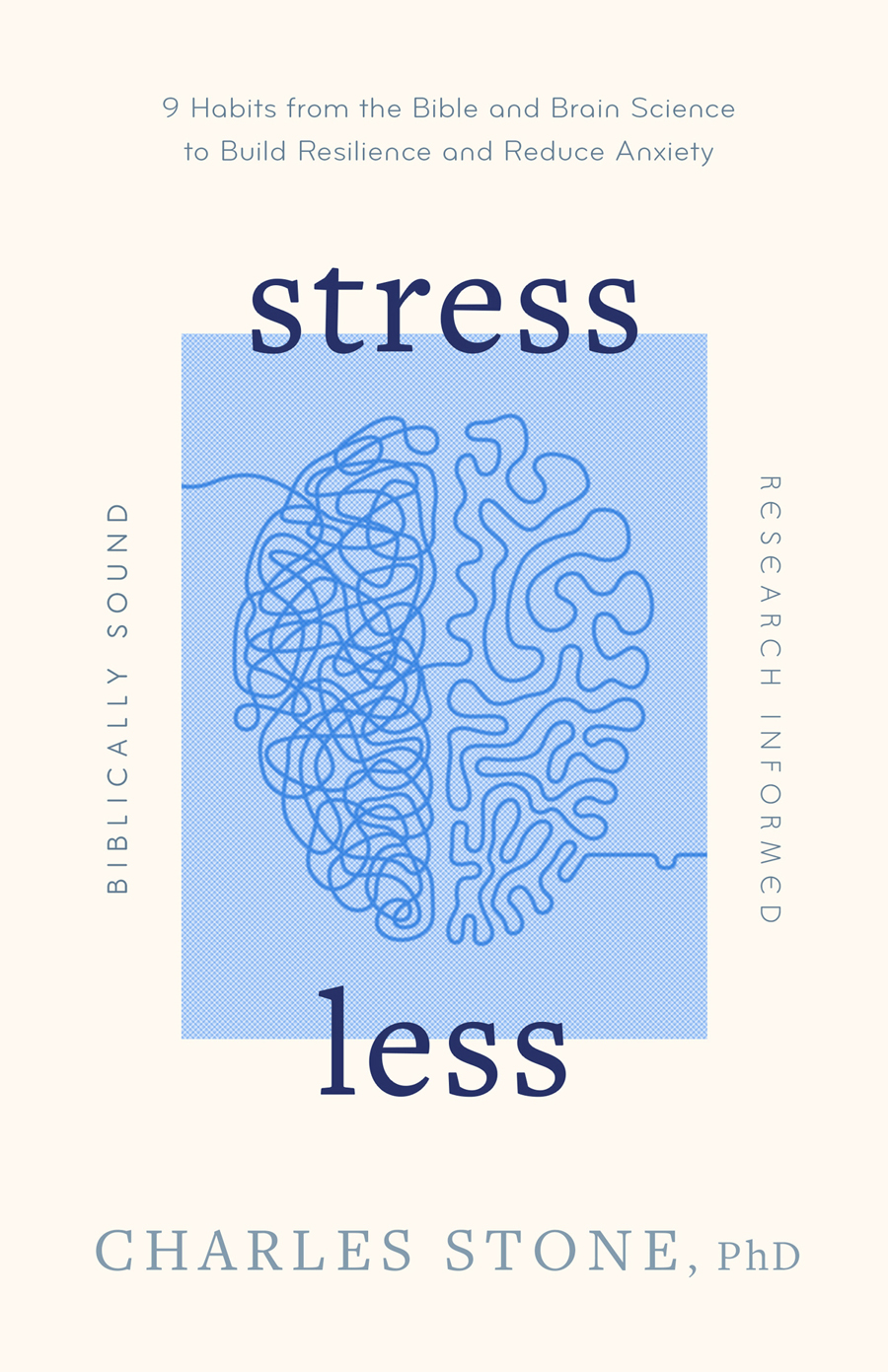Cortisol, the stress hormone, is often associated with negative effects that prolonged stress puts on our bodies. Those effects include weight gain, anxiety, heart disease, depressed immune system, digestive problems, sleep impairment, and even effects on memory. But could churches be negatively affected by cortisol as well? That is, if the leaders and culture of that church are constantly stressed, and flooded with cortisol themselves, could it affect the church negatively? I think it can and does in many churches. Consider these 9 tell-tale signs of a church flooded with cortisol.
- Your leadership team seems to always be uptight, tired, and sick a lot.
- Little trust between staff, elders, and the people in general exists.
- The leaders incessantly push bigger and better programs and ministries. They often switch from one great idea to the next.
- Your staff experiences lots of turn-over.
- An atmosphere of suspicion and “the wary eye” seems to pervade the church and your teams.
- Staff meetings are conflict filled or staff simply don’t say much in meetings for fear they will get reprimanded.
- A heavy spirit seems to linger over the office and even the church itself.
- Tension and conflict fill elder and/or deacon meetings.
- You seem to focus most on problems rather than victories or stories of how God is working.
How many of these did you check? Granted, spiritual forces are at work here as well. It’s not just a biological thing. But if more than two of these are true of your church, you might need to take a good look at your church’s stress level. Your church may be flooded with cortisol.
How might a church dial down a cortisol culture? Consider these potential antidotes.
- Create a ‘do not do’ list for your church. Pare down what you do so that leaders and volunteers don’t feel run ragged. Do a few things well.
- Teach your leaders how to build trust. Here’s a recent blog on building trust. When we build trust, we help activate the trust neurotransmitter oxytocin in our brains that creates a feeling of safety and belonging.
- Build fun experiences into your staff calendar. Don’t make every encounter revolve around pressing ministry issues.
- If you are the main leader, dial down your own intensity. Take breaks during the day. Deal with your own stress. Take your day off. Disconnect from technology 24 hours each week.
- Begin your staff and elder/deacon meetings with praises and victories.
- Share stories in your services that point to God’s blessings and changed lives.
- Over-communicate with your church. When people sense they know what’s happening, they will tend less to assume the worst. When we assume the worst we become anxious and cortisol ratchets up.
- Smile a lot. Our brain has what are called mirror neurons (brain cells) that prompts us to mimic the intentional, goal directed actions of others. Model give body language to others that you want them to imitate. And, make it positive.
Do you think churches can be affected by cortisol in leaders? Why or why not?
Related posts:



Pingback: Charles Stone > The cortisol flooded church > 9 signs and 8 antidotes > Innovate 4 Jesus > Resources that help you grow your business, nonprofit, church and self
I love this article. I’d say in many churches have leadership stressed to the max and therefor cortisol is flooding their church. I’m thinking how I can word this for kids of divorce and other trauma that have cortisol flooded environments. Thank Charles